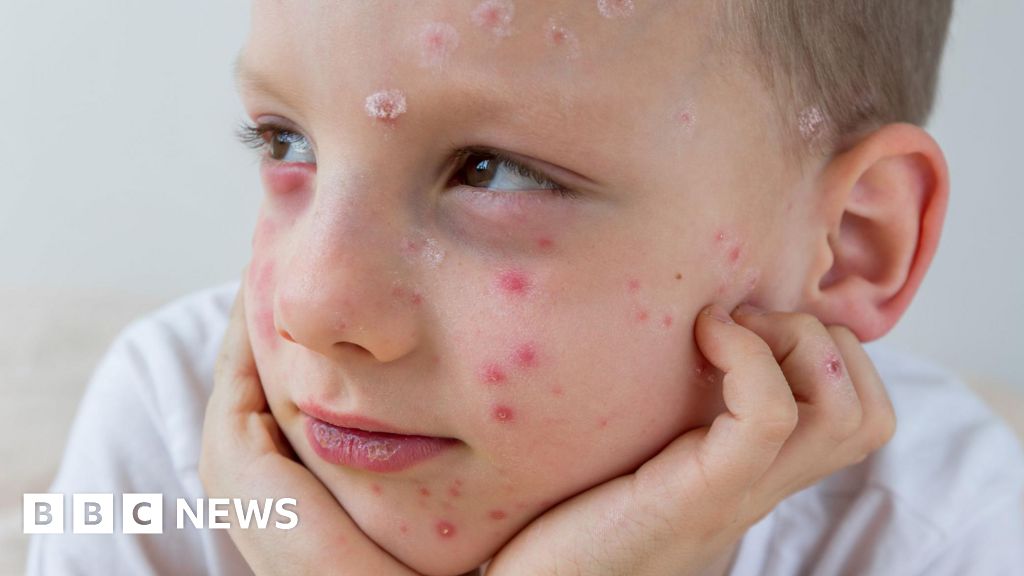Introduction to Chickenpox
Chickenpox is a highly infectious disease caused by the varicella-zoster virus (VZV). It is transmitted through direct contact between humans or through air droplets in coughs and sneezes. The disease is very easy to catch, especially if you have never had it before. While it mainly affects children, with about half getting it by their fourth birthday, people of all ages can get it.
Symptoms of Chickenpox
The first symptoms of chickenpox are fever, muscle pain, and the feeling of being unwell. A few days later, an itchy, spotty rash appears. These red or pink spots can appear anywhere on the body, including in the mouth. Some children may only have a few spots, while others can be covered from head to toe. The spots fill with fluid and become blisters before forming crusts that eventually fall off and heal. They are contagious and can spread chickenpox to other people from two days before the first spots appear until they have all formed scabs, which is usually five days after the first appearance.
How Dangerous is Chickenpox?
Most cases in children are mild, although they feel uncomfortable and have to miss school or nursery for several days. Some children will develop complications. In rare cases, chickenpox can cause swelling of the brain (encephalitis), inflammation of the lungs (pneumonitis), and stroke, which can lead to hospitalization and, very rarely, death. Chickenpox is often more serious in very young infants and adults. It can be dangerous during pregnancy, causing complications in both mother and baby.
Can You Get Chickenpox Twice?
It is rare to get chickenpox twice, but it can happen.
The Chickenpox Vaccine
The chickenpox vaccine is available and can be given to children at a cost. However, experts say adding it to the official NHS immunization program for childhood will dramatically reduce the number of people who catch chickenpox, leading to far fewer serious cases. The vaccine does not guarantee lifelong immunity but reduces the risk of someone developing chickenpox or having a bad case. Serious side effects, such as a severe allergic reaction, are very rare. From January 2026, two doses will be automatically offered to children between the ages of 12 and 18 months. The combined MMRV vaccine protects against measles, mumps, rubella, and varicella.
How the Vaccine Works
The vaccine is a living vaccine, meaning it contains a weakened version of the chickenpox virus. Therefore, it is not recommended for people with a weakened immune system due to illness such as HIV or as a result of treatment such as chemotherapy. The move will bring the UK in line with other countries that already offer routine varicella vaccinations, including Germany, Canada, Australia, and the USA. A recent long-term study in the USA refuted the theory that vaccinating children against chickenpox would cause a problematic increase in shingles.
Shingles and Its Vaccine
Shingles is an extremely painful condition that can develop years after a chickenpox infection. It is caused when the varicella-zoster virus remains in the body and is reactivated, often due to a weakened immune system. Shingles can cause a painful rash, usually on one side of the body, and can be treated with antiviral tablets to accelerate recovery and prevent long-term problems. A shingles vaccine is available on the NHS for people aged 65 and over, those between 70 and 79 who have not yet been vaccinated, and people aged 50 with a severely weakened immune system. Even if you have had shingles before, it is still important to be vaccinated, as you can get shingles more than once, and the vaccine can make symptoms much milder if you do get it again.

